The new findings contradict most observations of supermassive black holes, making this an unprecedented discovery.
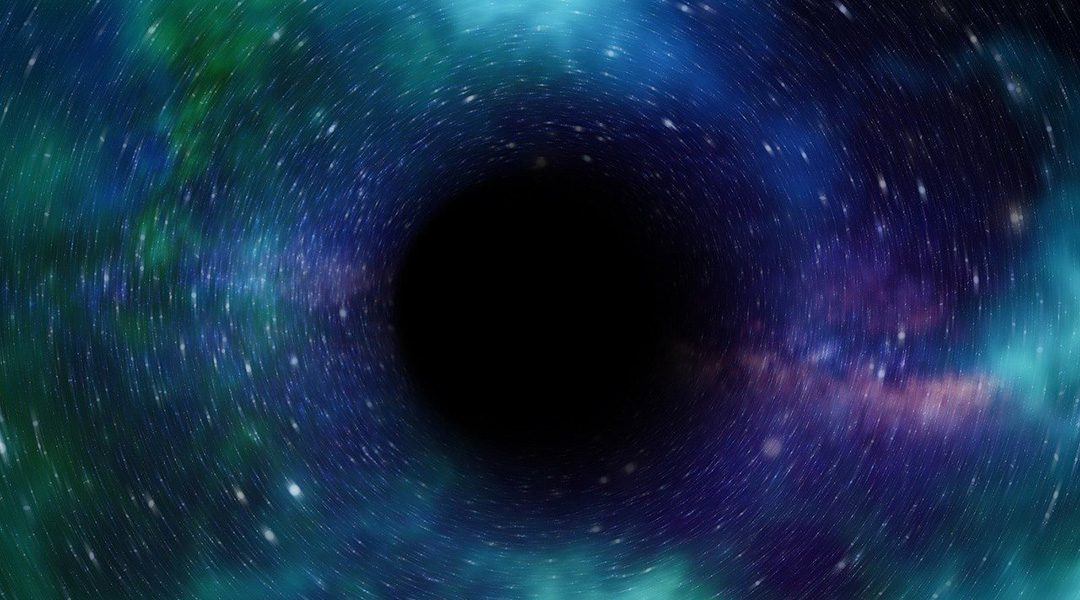

The new findings contradict most observations of supermassive black holes, making this an unprecedented discovery.
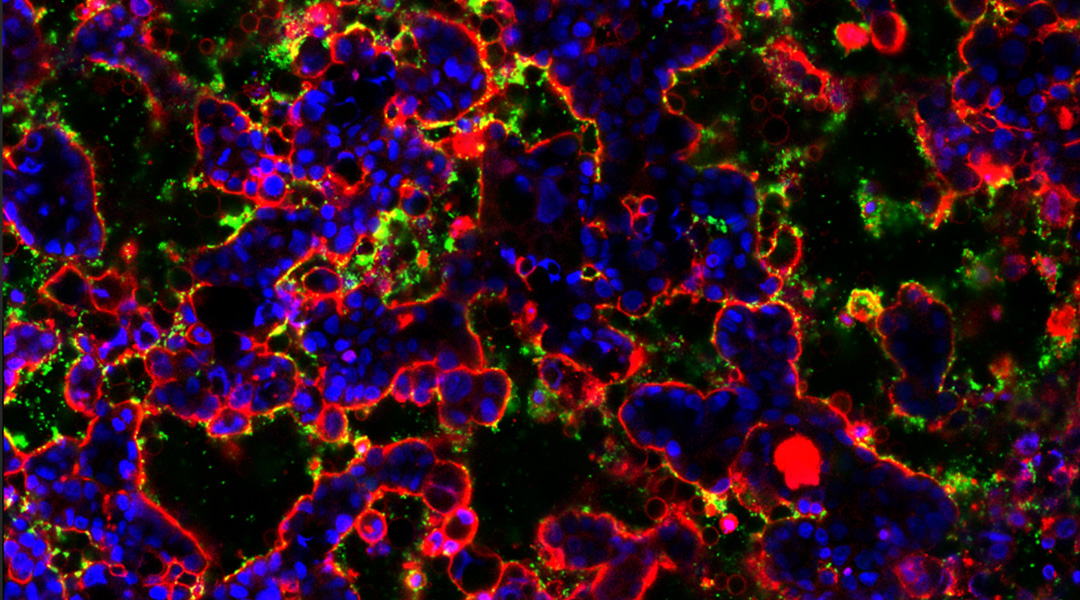
This artificial gut will allow scientists to gain deeper insights into the biome that exists there and how dysregulation can lead to disease.

Gaining an understanding of quantum gravity could help scientists uncover some of the Universe’s deepest mysteries.
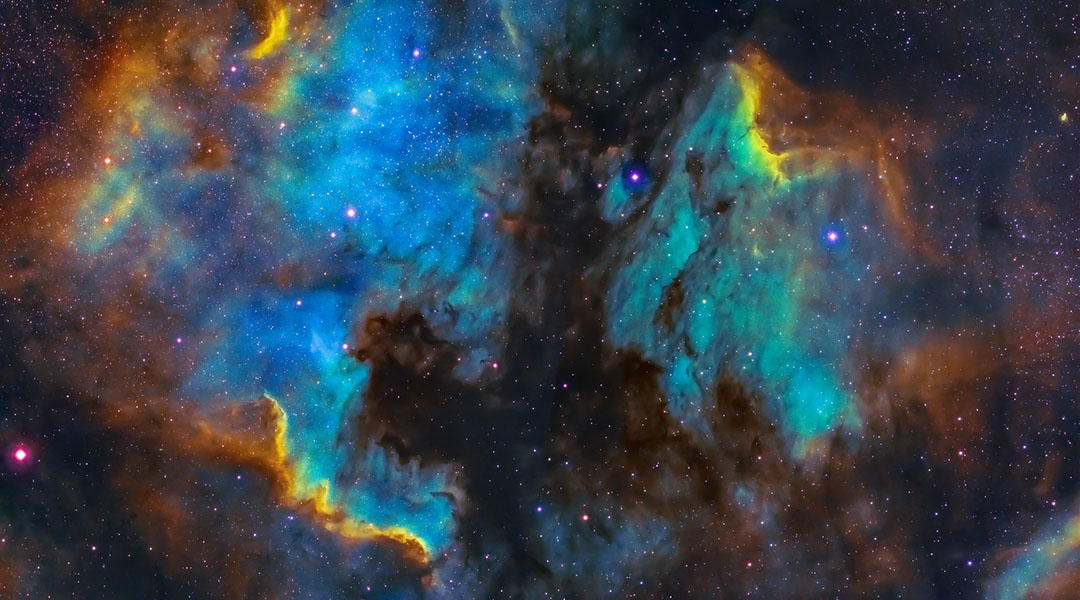
In this first article in a series on philosophy and science, we take a look at materialism and why it is fundamental to science.

A pair of nuclear astrophysicists explore this question, assessing the risk of this outcome back when nuclear physics was still in its infancy.
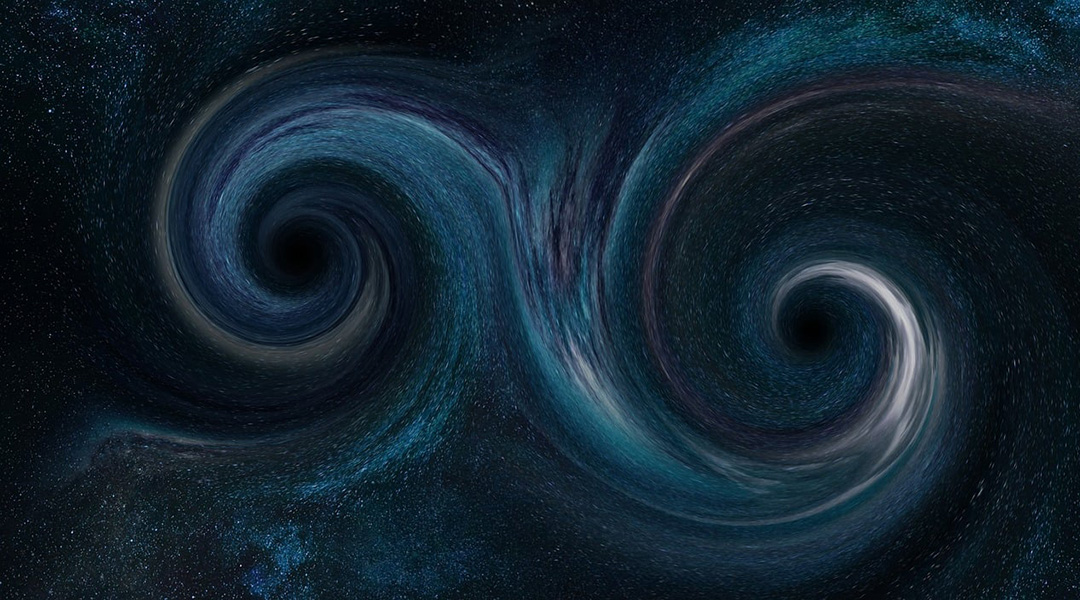
Gravitational waves could be the key to imaging elusive primordial black holes born in the first moments of our Universe.

Astronomers used the Gaia Space Telescope to say “you are the father” by tracing hot young stars back to their place of birth.
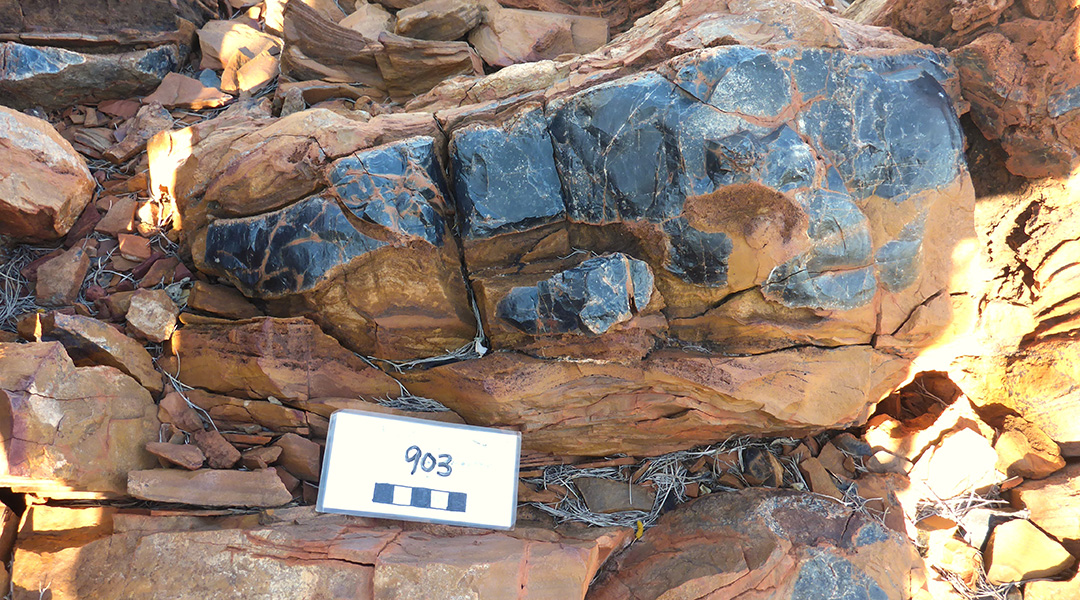
Scientists have unearthed a well-preserved microscopic fossil in Western Australia, challenging timelines and hinting at early eukaryotic life after the Great Oxidation Event 2.4 billion years ago.
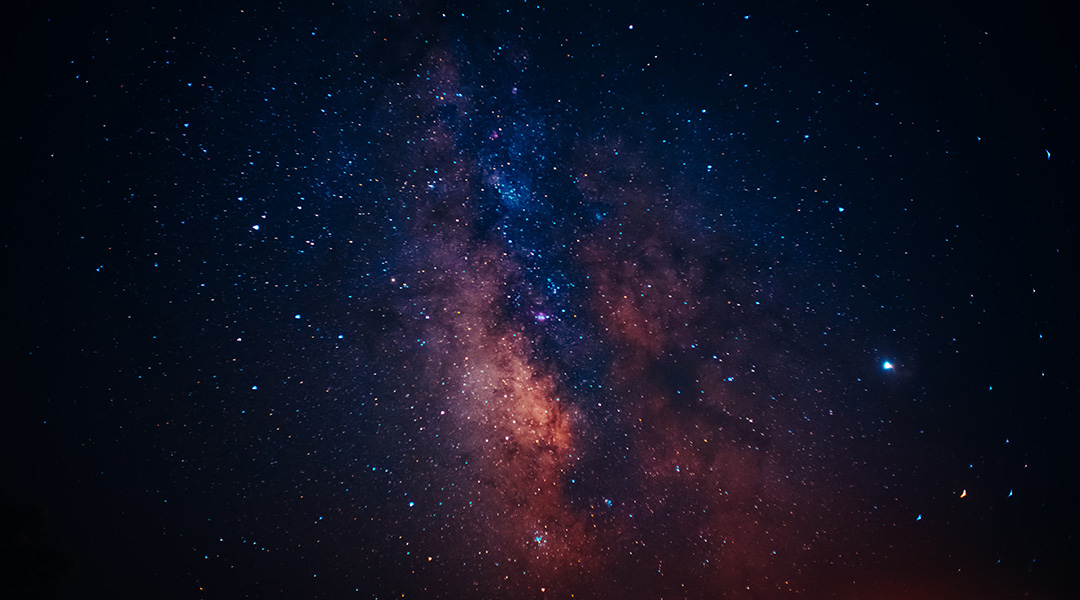
The twenty gravitationally connected galaxies extend through the early Universe for millions of light years.
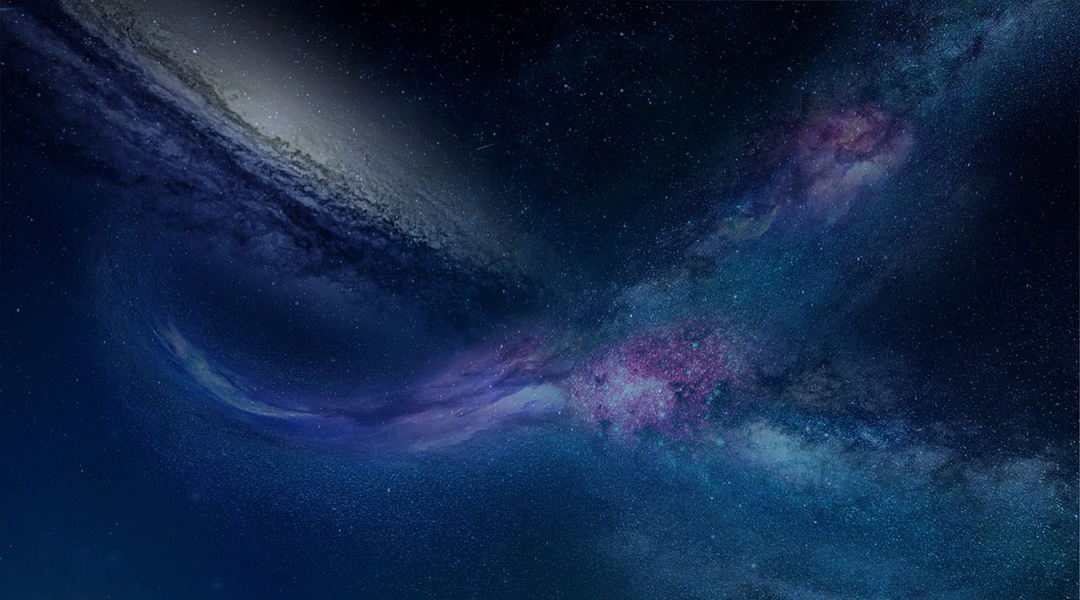
Scientists propose an enhancement to the BabyIAXO axion detector, paving the way for an intensified search for elusive dark matter particles.